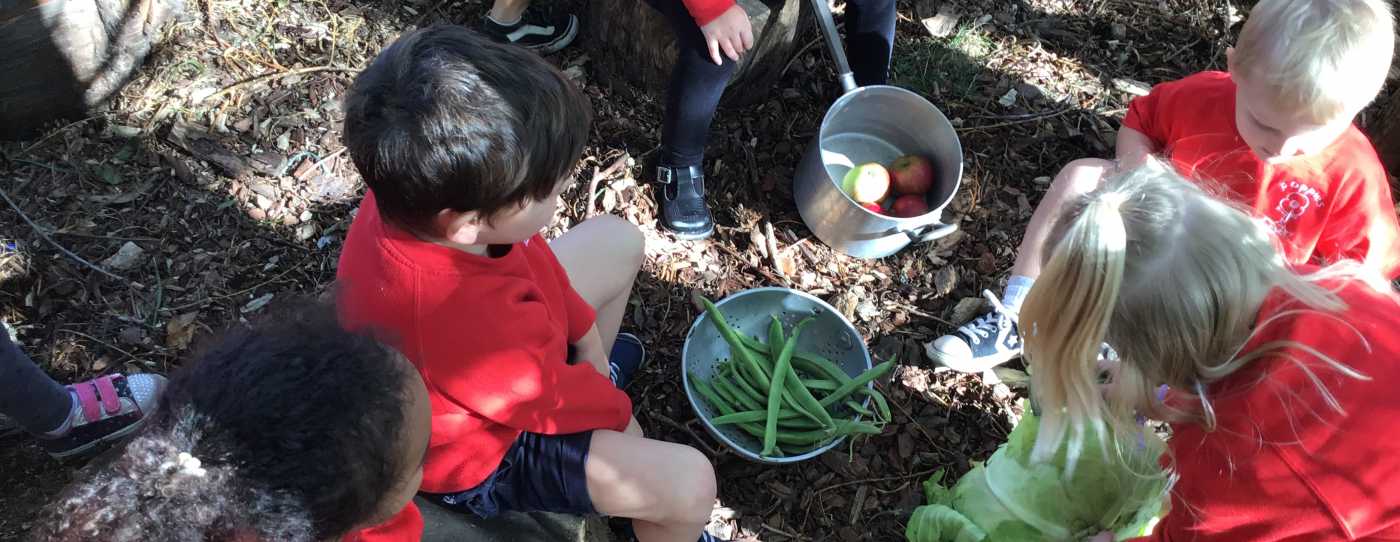Characteristics of Effective Learning

The Tickell Review (March 2011) prioritised the characteristics of learning. The emphasis is on HOW children learn, not what they learn. There are 3 commitments which, when meshed together, shape learning;
- Play and Exploration (Engagement); finding out & exploring, playing with what they know & having a go/ seeking challenges
- Active Learning (Motivation); involvement, concentration, perseverance & enjoying achievements.
- Creativity & Critical Thinking; have own ideas, make links, choose ways to do things.
To become effective learners children need our joint support & encouragement to choose activities/ explore/ to plan/ share attention/ reflect/ discuss problem-solving strategies which help them;
- Develop confidence, communication & learn new skills
- Have and develop their own ideas.
- Make links between ideas and use what they already know to learn new things.
- Develop strategies for doing things, choose ways to do things and find new ways.
In order for children to develop these skills, they need security, confidence, communication & understanding skills, coupled with gross & fine motor co-ordination which are promoted in the PRIME AREAS of development. Using these foundations, children then develop an ‘internal toolkit’ for thinking and learning which includes becoming motivated, confident, boosted self-esteem, emotional well-being, positivity and creativity. Children then develop further knowledge such as literacy, mathematics and understanding the world as they use their ‘toolkit’ to achieve this. You as parents/carers and our staff/ keyperson provide the security and help them develop these foundations for learning , their ‘toolkit’ for development.
EYFS(2014) principles state “When children have opportunity to play with ideas in different situations with various resources they discover connections and develop a better understanding of doing things. Adult support in this process enhances their ability to think critically and ask questions.” Learning is a ‘journey’ which children navigate from one place to another, with no short cuts. The speed they ‘travel’ may alter throughout their learning. If we compare a mad dash up the motorway or a slower meander along a country lane, we could ask ourselves which we would remember and enjoy more? By listening to children, praising their endeavours, showing interest & sharing sustained shared thinking we will support this.
We are here to help you & your child create those special memories to make that journey fun and full of experiences; the value is the journey with the final destination the ‘icing on the cake’! Children will store up these memories to be repeated, consolidated and support further learning throughout their lives.